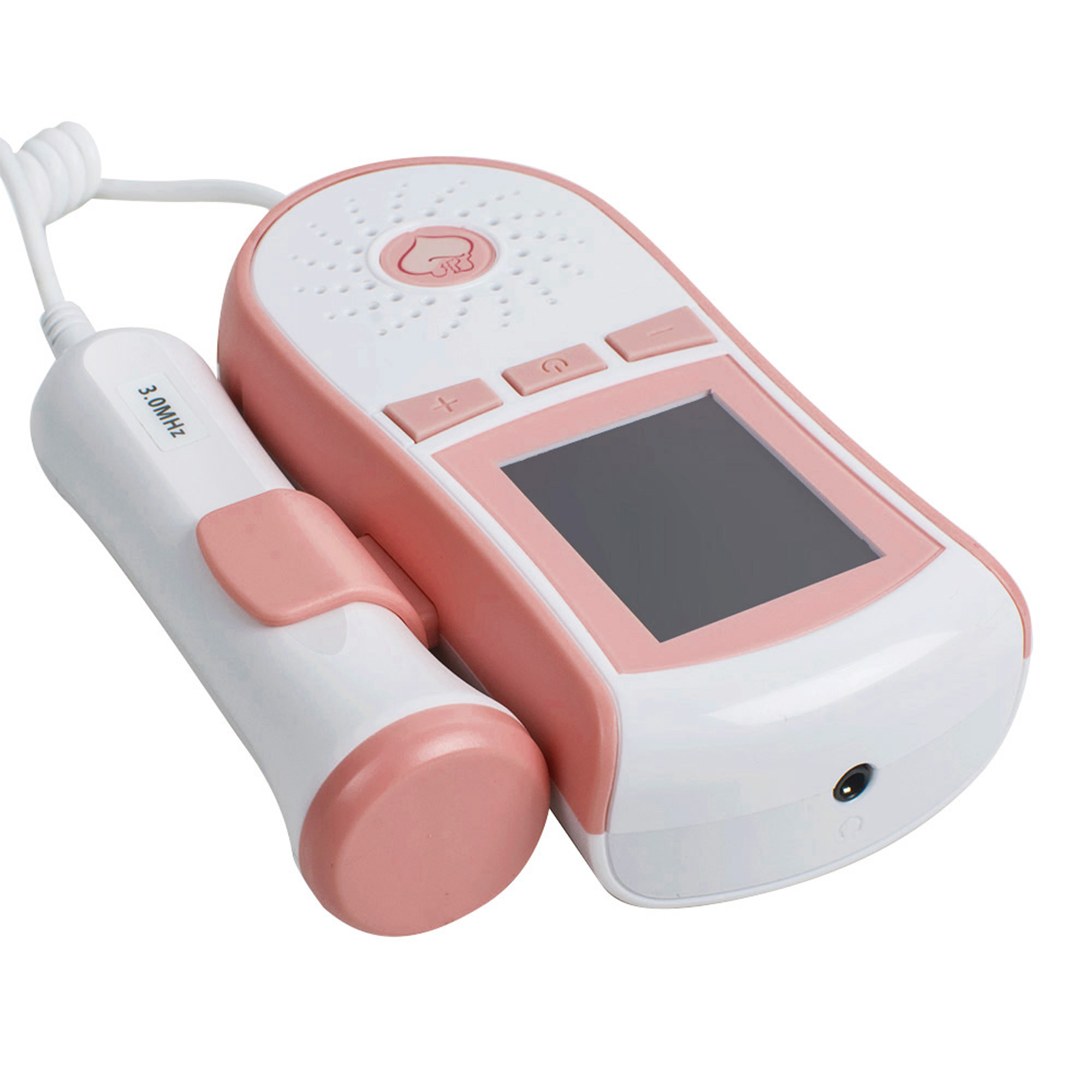

Using another valuable tool, Max Pulse, in our office we are also able to determine your personal balance or imbalance between parasympathetic and sympathetic nervous systems. You need to have a healthy balance between both nervous systems. Meanwhile, the parasympathetic nervous system manages your “rest and digest” response and can slow your heart rat. One side of your nervous system, sympathetic, controls your “fight or flight” response and can accelerate your heart rate. These functions are strongly influenced by diet, vitamins, minerals, and other lifestyle factors. Several bodily functions are directed by your autonomic nervous system such as digestion, heart rate, and blood pressure. Optimal resting heart rate is 60-80 beats per minutes. The heart rate of your heart is how fast or slow your heart beats. Your Autonomic Nervous System (ANS) controls the RATE at which your heart beats. The Heart Sound Recorder is a general wellness cardiac monitor with a specialized microphone that is placed over each of the four valves of the heart to display specific sounds and movement. To function optimally, it is vital for the heart to have the proper nutrients to maintain its correct rate, rhythm, and tone. Three Key Indicators of Heart Health and Function The Heart Sound Recorder, can help detect dysfunctions and deficiencies, thereby helping you make appropriate lifestyle and dietary changes to improve health and wellness. It is important to emphasize that HSR reflects the efficiency and deficiencies of heart function. Heart function and sound is also affected by vitamins, minerals, essential fatty acids, and toxins. The Heart Sound Recorder analysis can be affected by many of our systems, including circulatory, adrenals, kidney function, liver and gallbladder.
We can measure the heart sound as a reflection of balanced body chemistry, nutrition, and overall function of the body’s systems. The Heart Sound Recorder provides a picture of heart sounds and analyzes heart function on a graph. The EKG’s sole purpose is to diagnose disease, while the HSR looks at your heart function to analyze nutrient deficiency, improve health and longevity. The EKG does not analyze valvular function, muscle efficiency, motor nerve function and blood viscosity.
The EKG primarily indicates if the heart tissue has undergone any trauma or permanent damage on an electrical basis. In contrast, the electrocardiograph (EKG) records only the surface electrical impulses as it moves through the nerves of the heart tissue.

The Heart Sound Recorder (HSR) was developed in 1937 by Dr.
Heart monitor sound download#


 0 kommentar(er)
0 kommentar(er)
